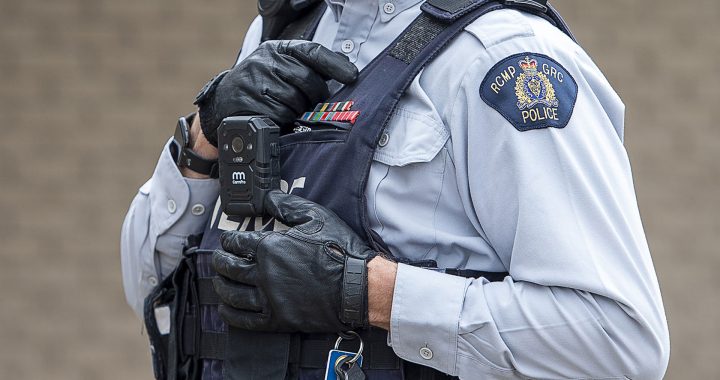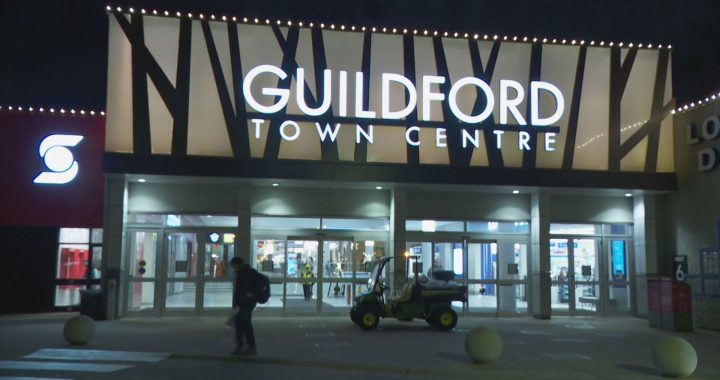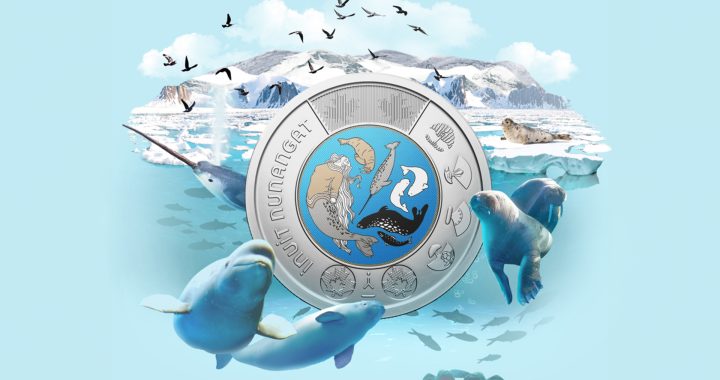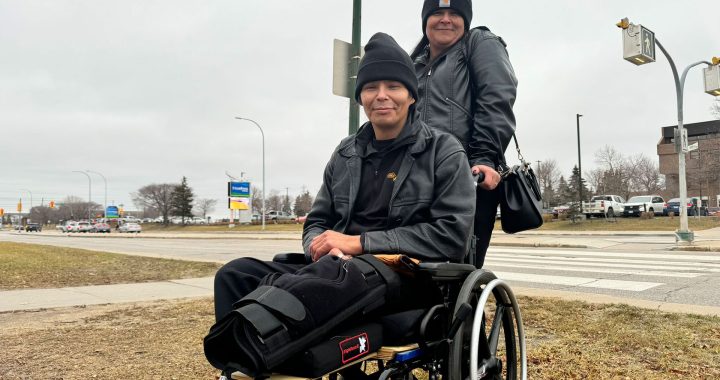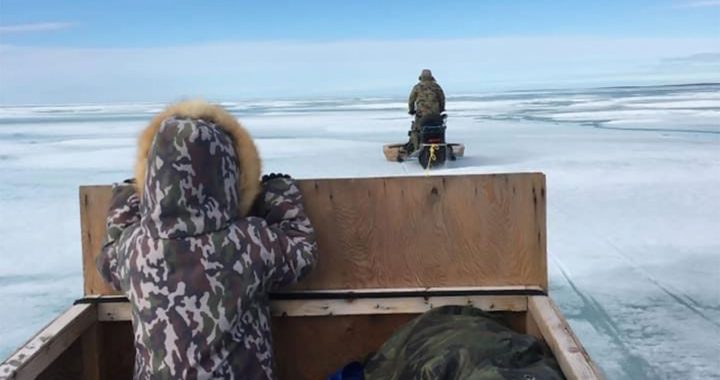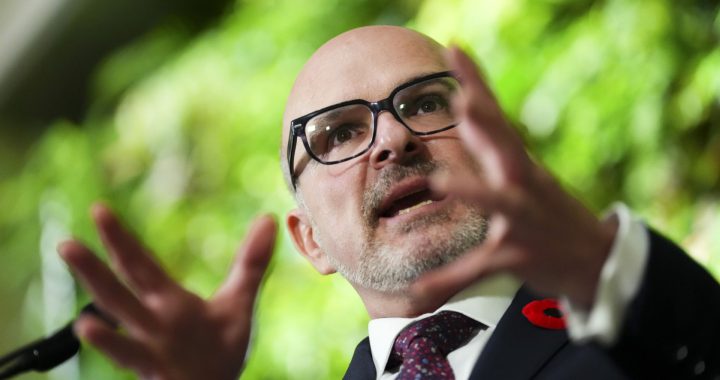Of the 338 seats in the House of Commons, the Northwest Territories has but one, a single member of parliament to represent them.
There are five candidates vying for this position in the 2021 federal election.
Kelvin Kotchilea, a 30-year-old Tłı̨chǫ man originally from Behchokǫ̀ is representing the New Democratic Party.
This year, he dipped his toes in politics and participated in another election to serve as the MLA representative for the territory’s Monfwi riding.
He’s worked for the GNWT for the last decade as a renewable resource officer and as a finance officer and told APTN News he plans to “invest in northerners.”
“The NDP’s in the east, they already addressed housing crisis, mental health and addiction. When you look at the neighbors to our west, they talked about climate change and reconciliation,” Kotchilea said. “We are trying to build a united northern platform as three territories.”
Kotchilea’s platform includes job creation, education and training.
After high school, he attended post-secondary and later in life, he went back to school to complete a diploma in business administration.
He said his skill set comes from his strong cultural ties and his life experience.
“Engaging with community members through Indigenous games and activities and at the same time, the experience that I gained with environment and natural resource and with ECE, working writing policies,” he said.
Jane Groenewegen from Hay River is running as an independent and comes with more than 20 years experience in politics having served as an MLA for five terms until she was beat in 2015.
She said she’s running as an independent so the focus can be “unapologetically all about the north.”
“When you’re an independent candidate, it isn’t only what you see on the floor of the house, you can take that discussion, those comments and those positions outside of the House of Commons,” Groenewegen said. “You can work with the media to get the message out on behalf of Northerners, and no leader of a national party is going to tell you to sit down and shut up.”
Her platform rests expanding programs and services specific to the needs of northerners.
“Things that they dream up in the ivory towers in southern Canada don’t really play out here that well. If the federal government has programs and services they want to deliver in the north, I would like to see them tailored to the north with an understanding of what the challenges are here and what would actually work here,” she said.
Out of left field but on leaning to the right, Conservative Party of Canada’s N.W.T. candidate Lea Mollison, a parachute contender located in Thunder Bay, Ont.
While there is little information about Mollison’s platform, on a national level the Conservatives promise a deep-water port in Tuktoyaktuk, N.W.T. and a road connecting the territory and Nunavut as a priority for northern infrastructure.
Mollison has never set foot in the N.W.T. and has remained quiet throughout the campaign season, dodging phone calls and debates.
When she agreed to an interview with APTN News on Sept. 3, she backed out a day before sending this text message.
“I felt horrible about not being able to do the interview and I was really looking forward to us speaking. But the team has instructed me not to do interviews so therefore I must respectfully decline,” she wrote.
However, the Green Party’s first time candidate Roland Laufer has completed many interviews with media.
Laufer, has lived in Yellowknife since 2019, worked as a flight attendant and travelled to many remote communities in the N.W.T. and is the treasurer of newly established Yellowknife Artists Co-operative.
“When it comes to the communities, what I’ve heard is that there’s a certain sense of being overlooked or ignored, that their [remote communities’] concerns are not heard, that nothing is actually done and promises are not kept,” Laufer said. “The biggest concern at this moment for me personally is access to health care. Not only physical health care, but also mental health care.”
The crux of the Green Party’s platform in the north rests on introducing new renewable energy sources and technology to all 33 communities.
“It will be production facilities for alternative energy technology, as well as educational facilities. For example, Aurora College should get the funding that up here we can train our own environmentalists, our own environmental engineers, and inventors, for alternative energy sources,” Laufer said.
Lastly, Liberal incumbent Michael Mcleod is campaigning to reclaim his seat for a third time.
He’s Métis and resides in his home community of Zhahti Kue – Fort Providence.
McLeod said the north is finally on the radar in Ottawa and pointed to work already done by the Trudeau government involving housing, pandemic recovery infrastructure.
“We’ve invested in housing at an unprecedented rate, and we have a comprehensive plan, for homeownership,” McLeod said. “We want to continue to close the gaps in services and infrastructure and continue to advance reconciliation,”
McLeod said he’s worked hard to have the voices of his constituents heard and educate the south on the unique make-up of the north.
This includes being considered to belong to bigger national organizations, like the AFN, Métis National Council and ITK.
McLeod told APTN that while the north does have some Indigenous populations who belong to some of these organizations, for the most part, they’re considered observers.
“We need to be recognized that we have Nations that are strong that can represent their own people here to North and can stand alone. Money has to be flowed directly and not through a national organization located in the south. They don’t represent the north,” he said.




